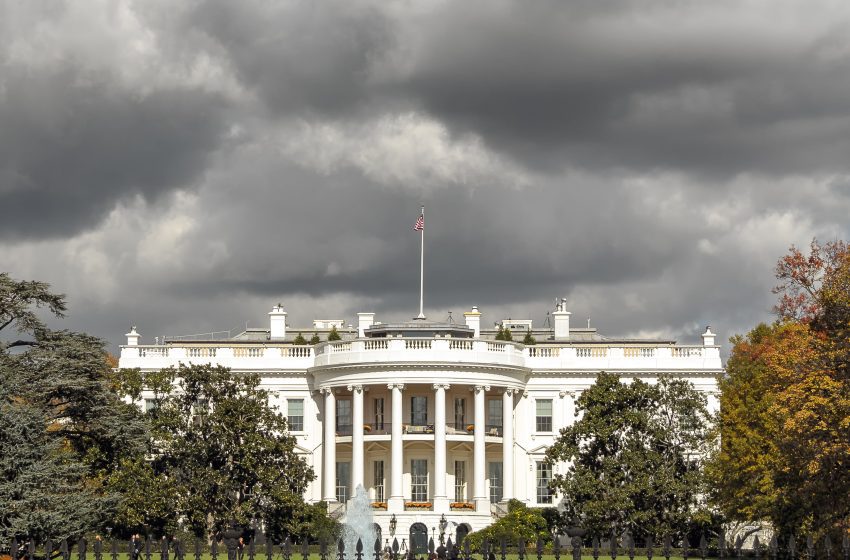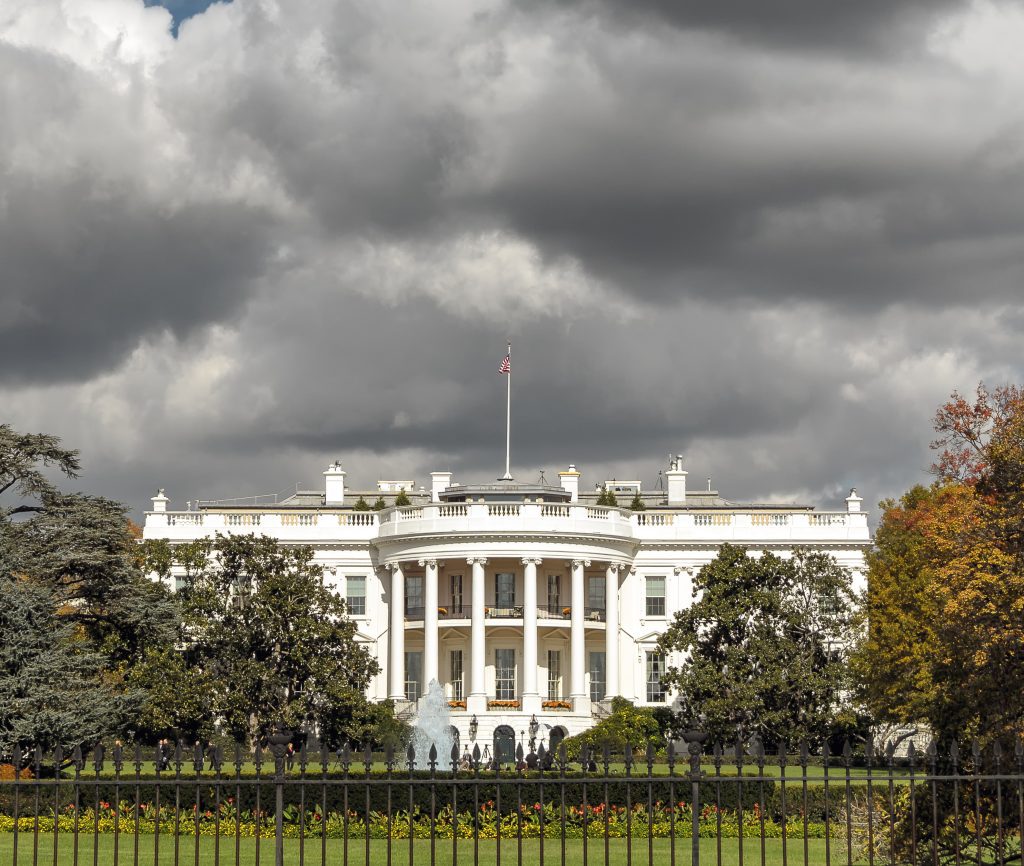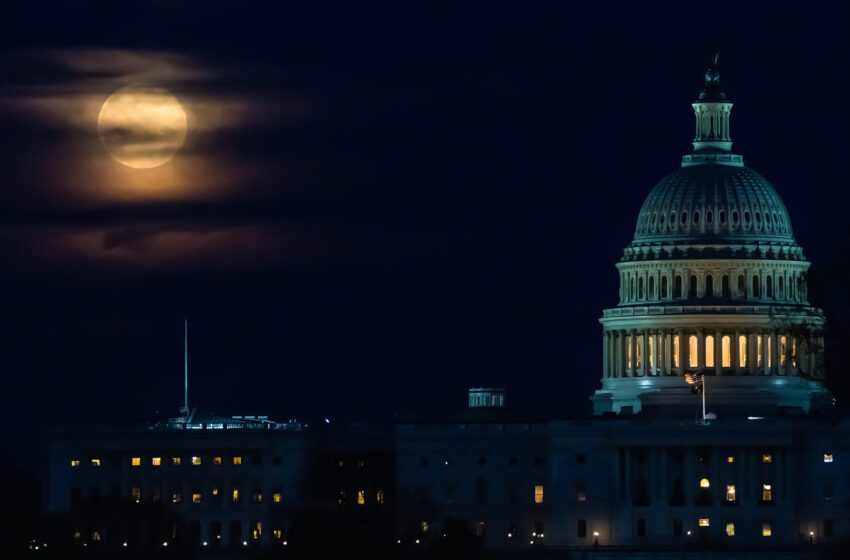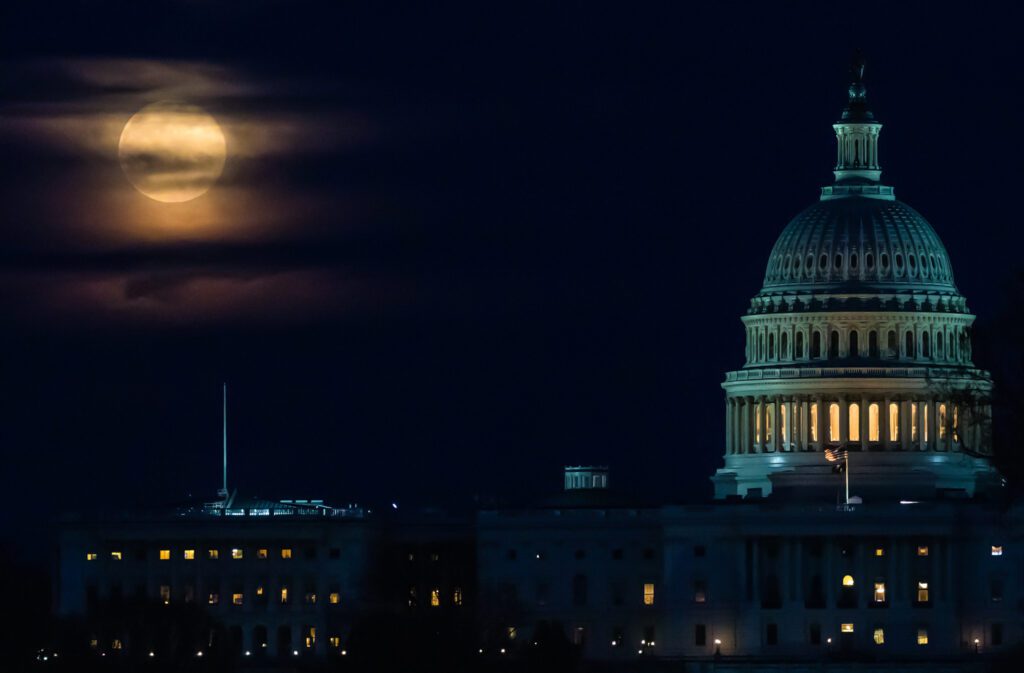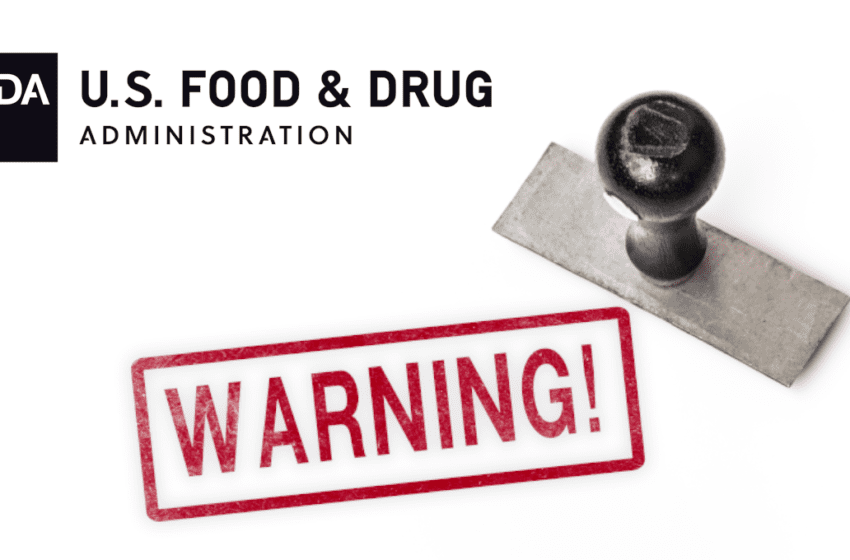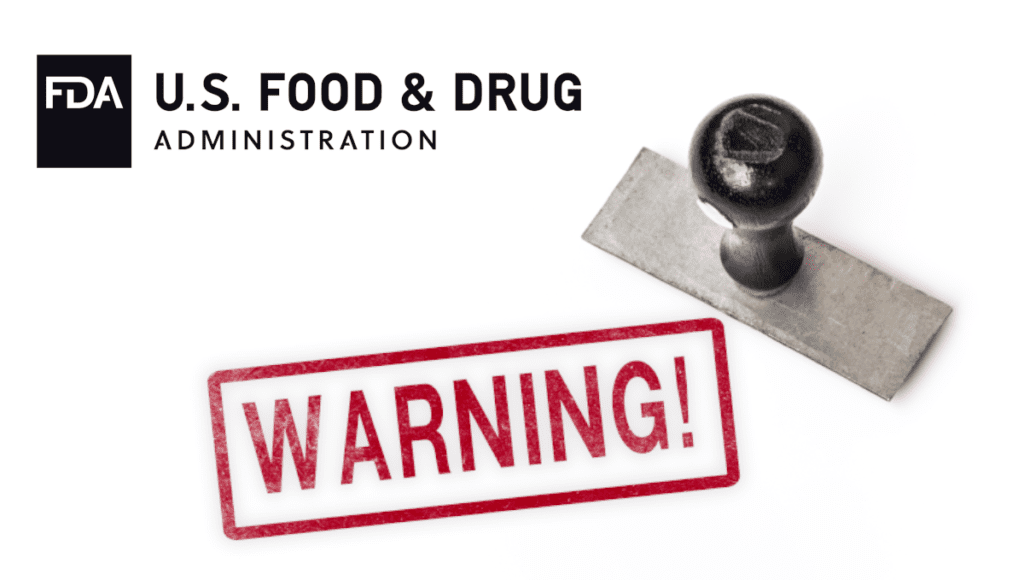
The U.S. Food and Drug Administration is considering court opinions before finalizing PMTA reviews.
VV staff
The U.S. Food and Drug Administration stated in prior status reports for its premarket tobacco product applications (PMTAs) that the agency would complete a review of 100 percent of the applications by the end of 2023.
The agency is now estimating that completion of the reviews may be delayed as the regulatory agency considers the D.C. Circuit’s opinion in Fontem US v. FDA, affirming in part and vacating and remanding in part marketing denial orders for certain vaping products. Fontem US, a subsidiary of Imperial Brands PLC and parent to Fontem U.S., owns the global e-cigarette brand blu. In August, the court found that the FDA failed to justify its denial of Fontem U.S.’ unflavored vape products on public health grounds.
“As to Fontem’s flavored products, the FDA reasonably found a lack of evidence that the benefits of such products to adult smokers sufficiently outweighed the potential risks to young nonsmokers. As to Fontem’s unflavored products, however, the FDA acted unlawfully by failing to engage in the holistic public health analysis required by the statute,” the opinion states. “The agency did not take into account the potential benefits of unflavored products or weigh those benefits against risks to the public health.”
The original PMTA completion date was Sept. 9, 2021; however, the FDA stated it was unable to meet that goal due to the extremely large number of PMTAs filed by manufacturers.
The FDA is under a Maryland Federal District Court order to file regular status reports on the agency’s review of PMTAs. The court case that ended in a court-imposed deadline for the FDA was filed by health groups seeking a timeline for the review of the PMTAs that were filed with the agency by Sept. 9, 2020.
The court order stems from litigation filed by health groups against the FDA seeking a court-imposed deadline for finalizing the review of the PMTAs that were filed with the agency by Sept. 9, 2020.
The court-imposed deadline to complete the agency’s review was originally Sept. 9, 2021, which the FDA was unable to meet due to the extremely large number of PMTAs filed by manufacturers.
The most recent and the FDA’s seventh status report was filed on Oct. 23, 2023, according to media reports. Specifically, in these reports, the FDA provides an update on the progress of finalizing the agency’s review of pending PMTA “covered applications.”
In the order requiring the FDA to submit status reports, the Maryland court stated that “covered applications” are limited to applications for products that are sold under the brand names Juul, Vuse, Njoy, Logic, blu, Smok, Suorin or Puff Bar. Additionally, any product with a reach of 2 percent or more of total “Retail Dollar Sales” in Nielsen’s Total E-Cig Market and Players or Disposable E-Cig Market and Players’ reports.
For such new tobacco products to be lawfully marketed in the United States, the Family Smoking Prevention and Tobacco Control Act requires the FDA to complete a substantive review of the PMTA for each new tobacco product and issue a marketing granted order authorizing the sale of the product. According to the FDA’s Oct. 23 status report, the agency has completed its review of 69 percent of the 186 pending covered applications.
The FDA states that it will file the next status report with the court by Jan. 22.


